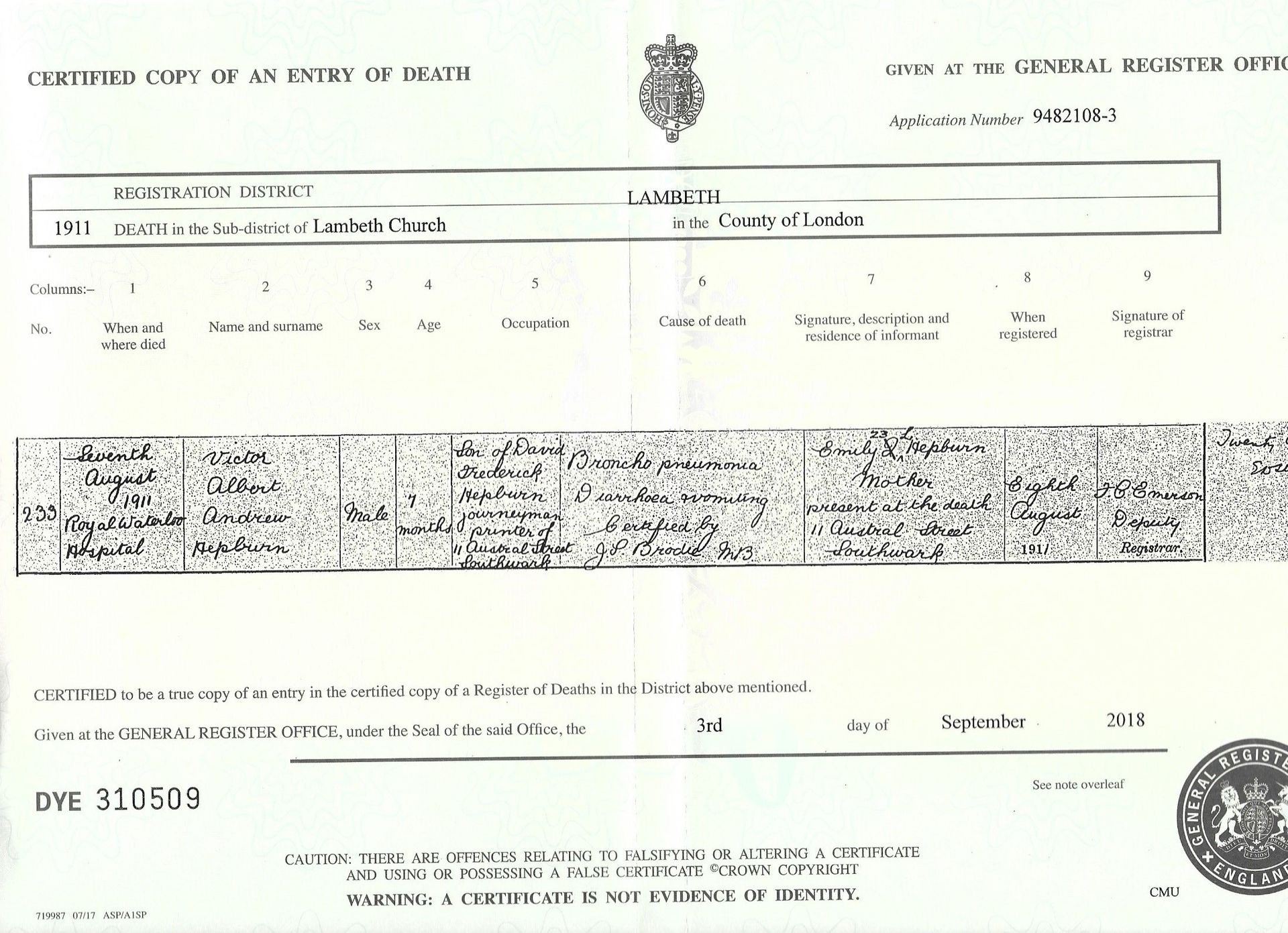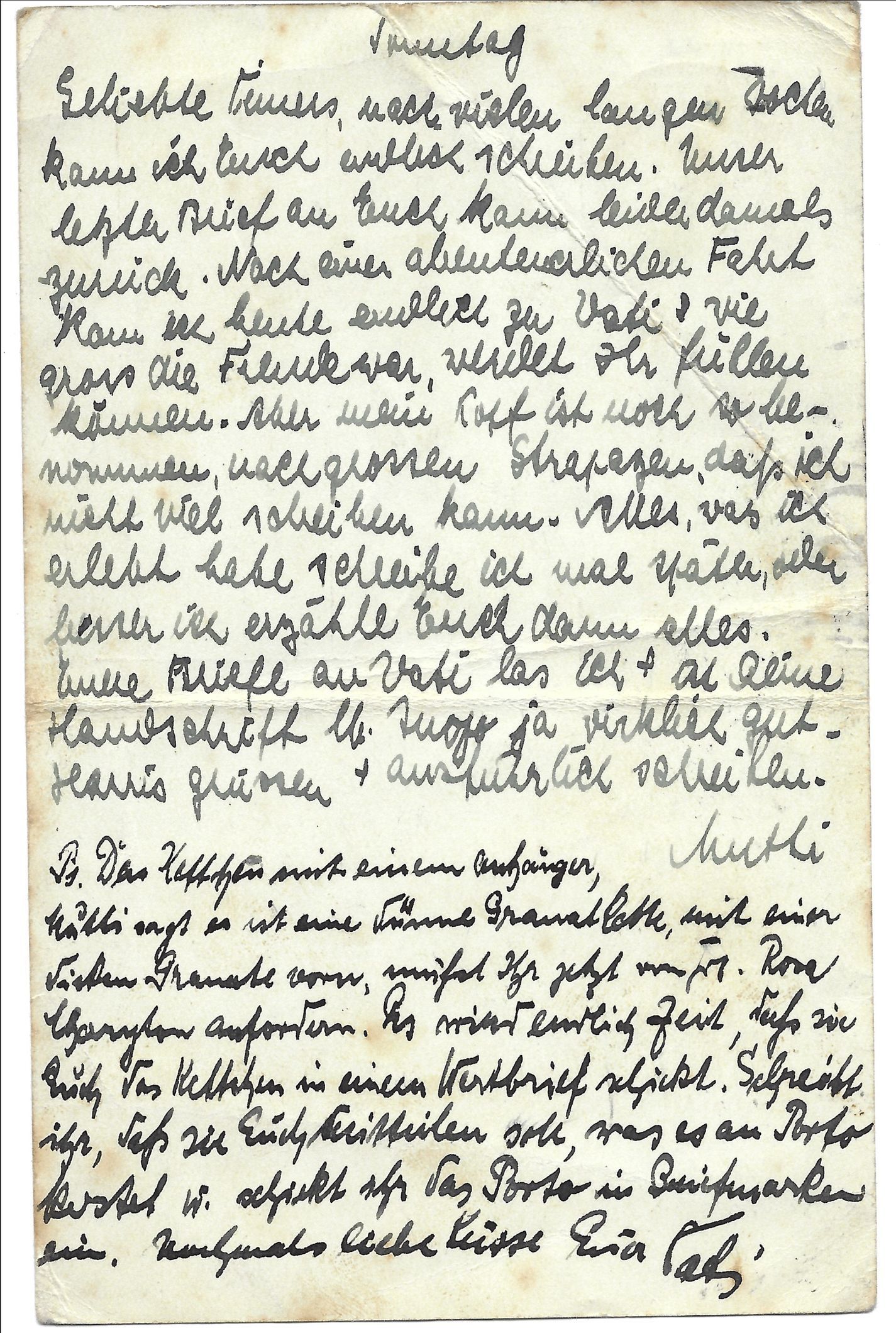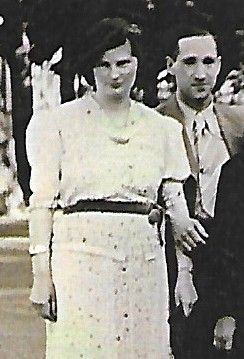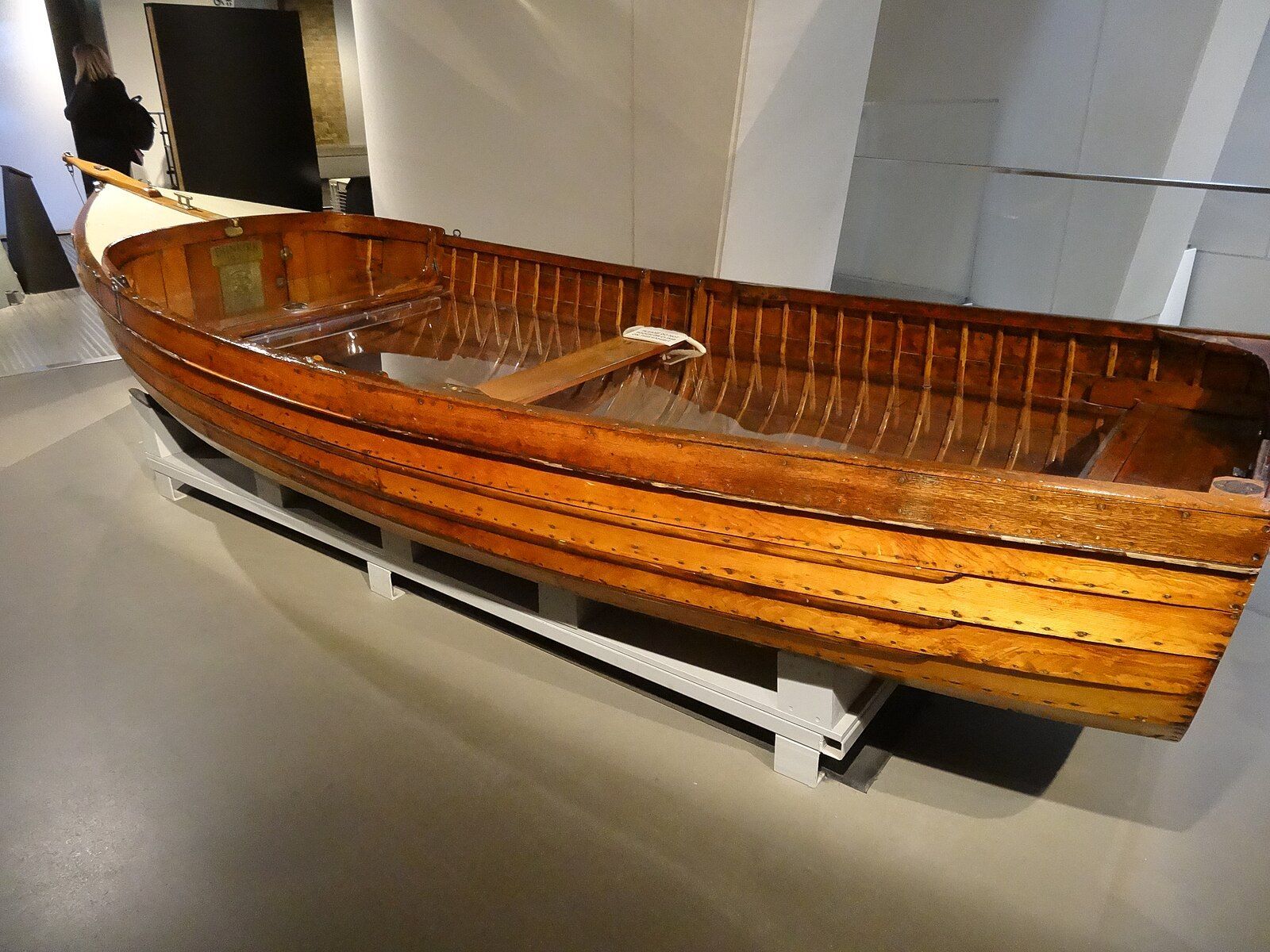Change of Immigration Law in USA 1941
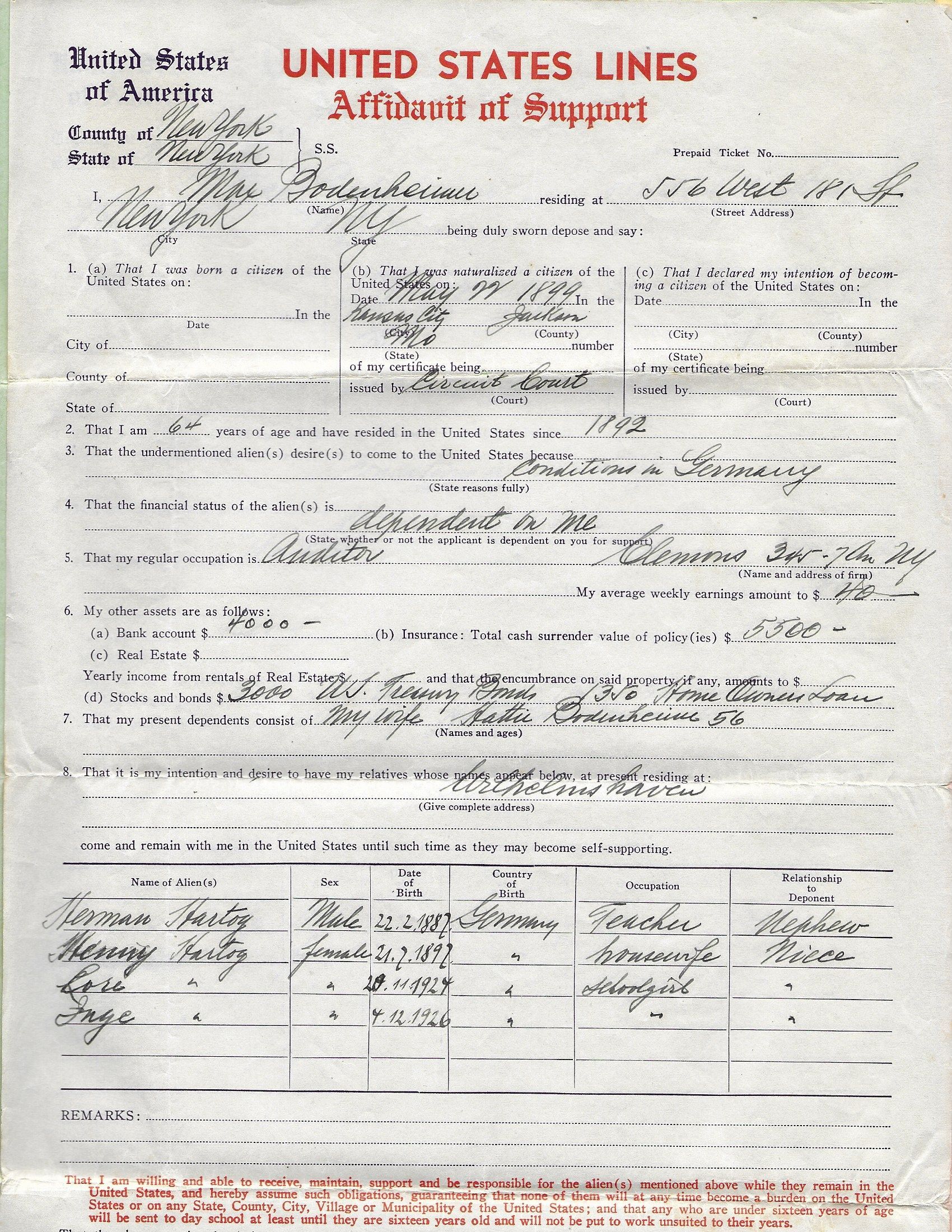
During the 1930s, the USA had no designated refugee policy; it only had an immigration policy. American public opinion did not favour increased immigration as many Americans feared that immigrants would 'steal' their jobs. In order to prove that they would not be an economic burden on the state, prospective immigrants had to find an American sponsor who would guarantee their financial resources in an affidavit. The immigration process was slow, with strict quotas limiting the number of people who could immigrate each year. The immigration laws were never revised or adjusted between 1933 and 1941.
As in Europe, there were Americans who believed that the rapid military success of the German army in May 1940 could be attributed to the work of spies, and there was concern that Germany was then taking advantage of the masses of Jews trying to flee by sending spies abroad. So, consular officials were urged to take extra care screening applicants for immigration, and in June 1941 a 'relatives rule' was also issued, denying visas to prospective immigrants who still had family members in Nazi-controlled territories.
On 1 July 1941, the American State Department centralised all visa control in Washington DC. A new review was ordered for each applicant and extra documentation was required, including a second financial affidavit. From that date, emigration from Nazi-controlled territory became virtually impossible. As a result, many thousands of Jews who had applied at American consulates in Europe no longer had any chance to immigrate. Many of them were subsequently murdered in the Holocaust by the Nazis.
Henny and Hermann Hartog were clearly aware of these developments and the new regulations. During the rest of that summer, they both had to come to terms with the likelihood that their emigration would not happen. They were intensely sad at this turn of events and Hermann wrote about his bitter disappointment that their relatives in America could not manage to raise the (very substantial) sum of money they needed for the fare. To have come so far in the emigration process, and to be denied success because of a lack of resources and an extreme tightening of the regulations over which they had no control, was a very cruel blow.
As Hermann wrote to his daughters on 6 July 1941,
'We hear that more specific regulations are again coming from America, so all of our work was probably over and we start again from the beginning. So we have little hope that we can go to America. And whether we survive the war lies in God's hand, because no-one knows how long this war will last, and what will become of us.'
(photo shows the original affidavit for the Hartog family)

